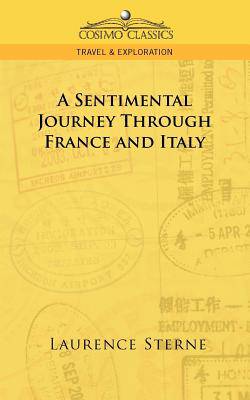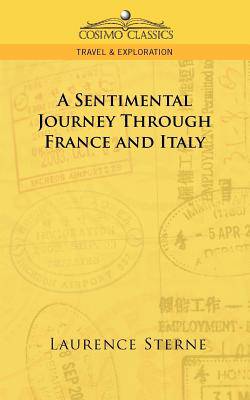
- Afhalen na 1 uur in een winkel met voorraad
- Gratis thuislevering in België vanaf € 30
- Ruim aanbod met 7 miljoen producten
- Afhalen na 1 uur in een winkel met voorraad
- Gratis thuislevering in België vanaf € 30
- Ruim aanbod met 7 miljoen producten
Zoeken
Omschrijving
The crimson window-curtains... were drawn close; the sun was setting, and reflected through them so warm a tint into the fair fille de chambre's face, I thought she blush'd-the idea of it made me blush myself. We were quite alone; and that super-induced a second blush before the first could get off. -from "The Temptation" Laurence Sterne's revolutionary novel The Life and Opinions of Tristram Shandy, Gentleman (1760-1767) plays with time, space, narrative conceits, and the very concept of the novel itself-it has dramatically affected the course of English-language fiction in the centuries since, with works from writers such as James Joyce and Thomas Pynchon showing his influence. A Sentimental Journey Through France and Italy (1768) is the thematic sequel, a tale of a minor character from Shandy that is its own frolic of experimental fiction. Though less well known than its celebrated predecessor, this is an equally startling and frantically imaginative work from a writer some consider a comic genius. This edition also features the collection The Journal to Eliza, Sterne's impishly coy diary of a separation from his mistress, as well as numerous letters Sterne wrote to a variety of correspondents, including his wife. Irish clergyman LAURENCE STERNE (1713¬-1768) also wrote the satire A Political Romance (1759) and published volumes of his sermons.
Specificaties
Betrokkenen
- Auteur(s):
- Uitgeverij:
Inhoud
- Aantal bladzijden:
- 324
- Taal:
- Engels
- Reeks:
Eigenschappen
- Productcode (EAN):
- 9781596054684
- Verschijningsdatum:
- 1/11/2005
- Uitvoering:
- Paperback
- Formaat:
- Trade paperback (VS)
- Afmetingen:
- 127 mm x 203 mm
- Gewicht:
- 353 g

Alleen bij Standaard Boekhandel
+ 43 punten op je klantenkaart van Standaard Boekhandel
Beoordelingen
We publiceren alleen reviews die voldoen aan de voorwaarden voor reviews. Bekijk onze voorwaarden voor reviews.











